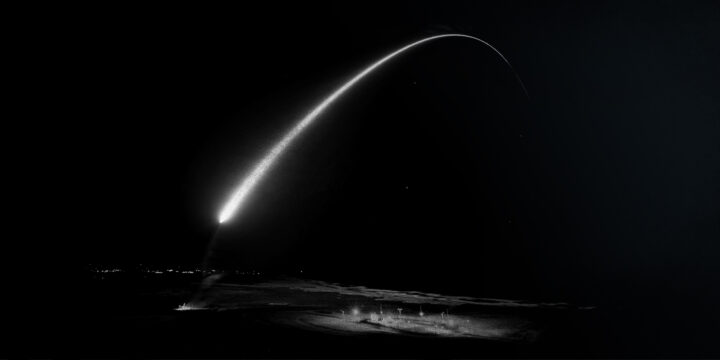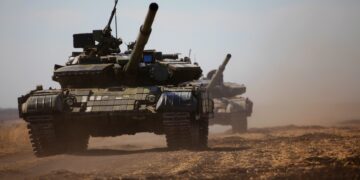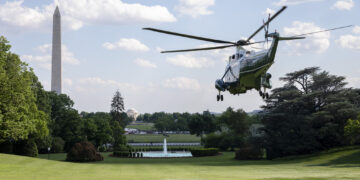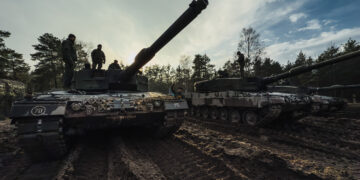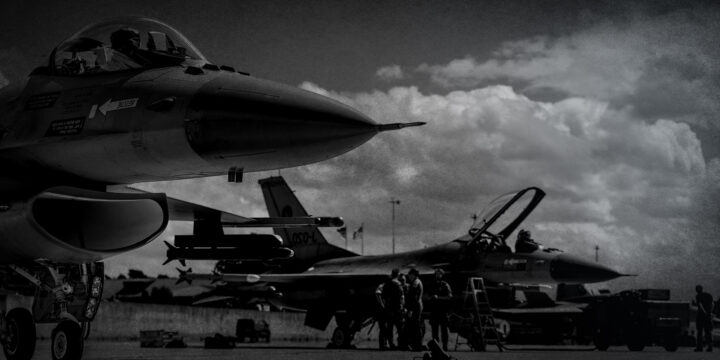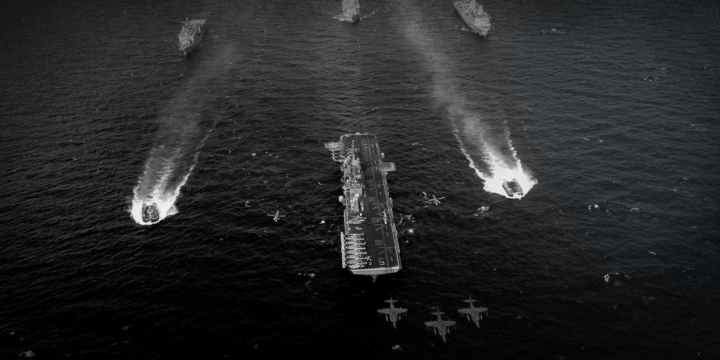February 18, 2025
Europe still doesn’t realise how helpless it’s become

US secretary of state Marco Rubio, national security adviser Mike Waltz and special envoy Steve Witkoff left their meeting with the Russian delegation in Riyadh, Saudi Arabia on Tuesday mildly pleased with how the discussions went. Witkoff, who has fast become one of president Donald Trump’s most trusted emissaries, called the session “positive, upbeat, constructive”. Washington and Moscow agreed to establish a mechanism through which long-term disputes between the two countries – of which there are many – can be worked on. Ending the war in Ukraine is first and foremost.
The meeting sounded more constructive than the one the Europeans held among themselves in Paris a day earlier. The last two days have resembled a split-screen, with the Americans on one side getting down to the business at hand and the Europeans still trying to come up with a common position about the war on the other. The summit hastily organised by French president Emmanuel Macron was meant to be a unifying moment for the continent and an opportunity to make big decisions. But outside a family photo-op, where some of the delegations looked less than happy to be there, the suited heads-of-state appeared to leave with as many questions as they came with.
We hear a lot these days about security guarantees for Ukraine. If there is anything the Trump administration and the Europeans can come to a consensus on, it’s that such assurances are critical if the West wants any diplomatic settlement to last for more than a few weeks or months. But Europe shouldn’t assume that the US military will be underwriting this security guarantee; the US, after all, has other priorities around the world, the most important of which is crafting an effective balancing strategy against China in the Indo-Pacific.
The problem, however, is that European governments seem to be treading water. Some, like Germany, don’t want to discuss a European-led reassurance force in Ukraine at all; the response of German Chancellor Olaf Scholz, who could very well be out of a job by next week, was openly hostile. Poland is one of Ukraine’s most vocal supporters and has been throughout the conflict, but it remains uninterested in deploying its own troops to the country to enforce a hypothetical ceasefire. Italy, Spain and Denmark are reticent as well, with Italian prime minister Giorgia Meloni appearing to question whether other security arrangements are more likely to be effective.
Author

Daniel
DePetris
Fellow
More on Europe
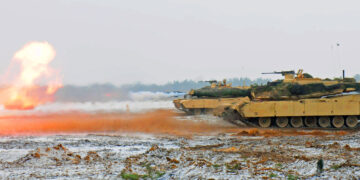
By Christopher McCallion and Jennifer Kavanagh
February 18, 2025
Events on NATO
